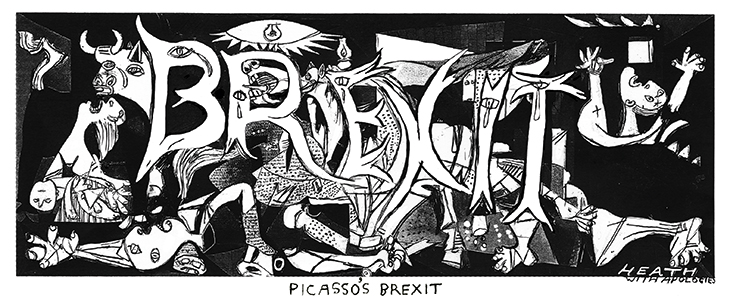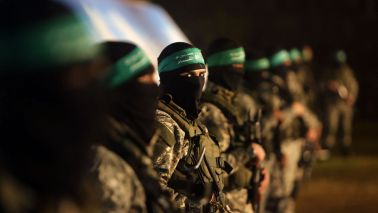Home
Theresa May, the Prime Minister, said that on 29 March she would send a letter to Donald Tusk, the president of the European Council, under Article 50 of the Lisbon Treaty, triggering the process of the United Kingdom’s departure from the European Union. A summit of EU leaders was convened for 29 April, with the aim of briefing its negotiator, Michel Barnier. Nicola Sturgeon, the first minister of Scotland, elicited the support of the Scottish Parliament for her policy of seeking a second referendum on Scottish independence ‘within a short time of’ Brexit. Mrs May had dismissed her request, saying: ‘Now is not the time.’ Ms Sturgeon said an independent Scotland would seek membership of the EU and use sterling as a ‘starting point’. The BBC had been ‘pessimistic and skewed’ in its coverage of Brexit, 72 MPs said in a letter to its director general. A 32-year-old man died while charging his mobile phone in the bath.
Martin McGuinness, for many years an active IRA commander, guilty of bombings and shootings, who became deputy first minister of Northern Ireland, working with the Unionist first minister Ian Paisley, died aged 66. Tom Watson, the deputy leader of the Labour Party, said that the left-wing Momentum group was trying to gain funding from the trade union Unite in order to take control of the party. George Osborne, the former chancellor of the exchequer, was appointed editor of the Evening Standard; some people criticised his intention of continuing to sit as an MP and spend four days a month at BlackRock, the asset manager, for an annual payment of £650,000. The first of 800 British troops being sent to reinforce Nato defences in the Baltic arrived in Estonia. Skin creams containing paraffin were blamed for dozens of deaths of people who accidentally set themselves on fire.








Comments
Join the debate for just £1 a month
Be part of the conversation with other Spectator readers by getting your first three months for £3.
UNLOCK ACCESS Just £1 a monthAlready a subscriber? Log in